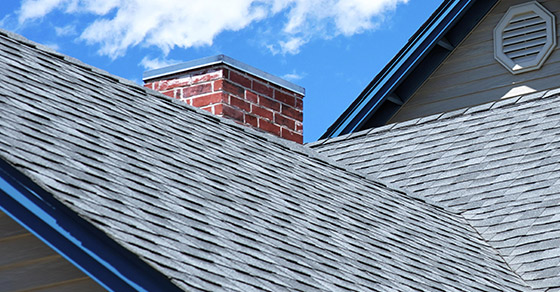Asphalt shingles are the leading choice for residential roofing in the United States. They are affordable, durable, low maintenance, versatile, and have proven effective in the roofing industry for almost 100 years. A large part of their effectiveness, however, lies in the the roofing granules adhered to them, and quality roofing granules rely on robust roofing granule production equipment.
Processing Roofing Granules
While roofing granules may not look like much more than rocks, they are actually a highly engineered product – the result of advanced processing techniques that work to create a premium roofing granule product. A typical process of transforming rock into roofing granule is outlined and illustrated below.

Drying
Traditional roofing granules are composed of graded particles of igneous rock, such as granite. At the mine site, rock is mined and ground to the desired size granule. This ground rock is first dried in a rotary dryer, or rock dryer. This initial drying step reduces the moisture content, which increases the efficiency of the kiln downstream.
The pre-dried rock is then sent to storage until it is needed for processing.
Pre-Heating
The dried rock is pre-heated in a low temperature, direct-fired rotary dryer. The rock is heated in order to prepare it for coloring.
The pre-heating unit provides high capacity processing capabilities. As such, it is not uncommon to split the process into two identical lines after the pre-heater to maximize plant throughput.
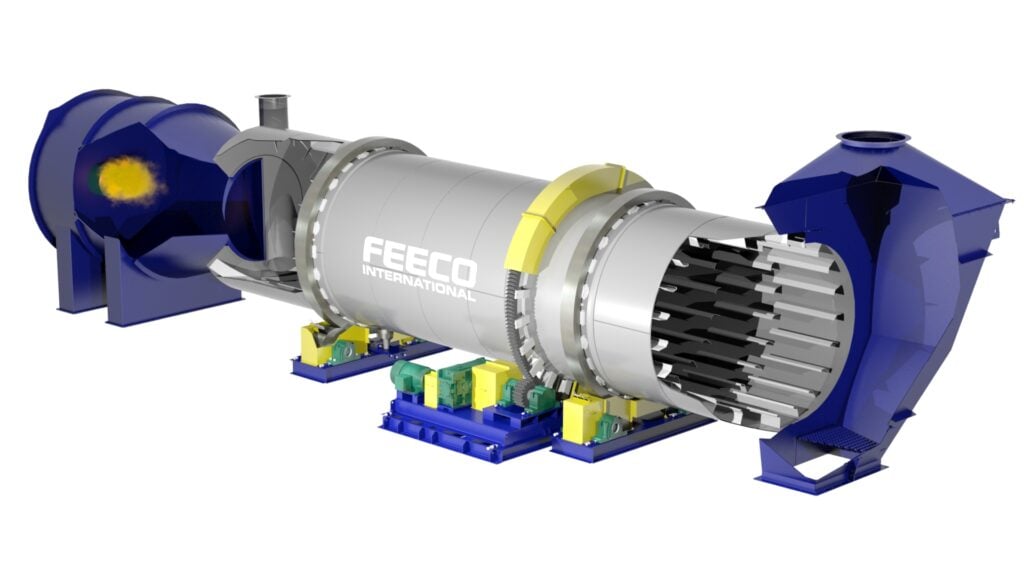
Image: 3D FEECO Direct-Fired Rotary Dryer
Coloring
The heated material exits the pre-heating unit and is fed to a coating drum. Pigment is sprayed onto the bed of material as the drum rotates. This rotational movement serves to evenly coat the granules with the pigment. Additional additives may also be included in the mixture to improve product performance. No heat is applied in this step.
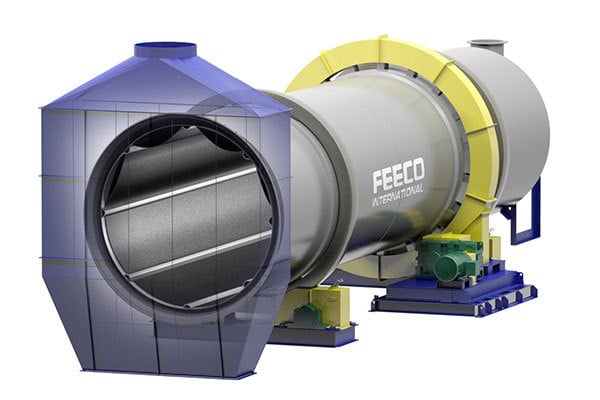
Image: 3D FEECO Coating Drum
High Temperature Curing
After the granules are coated, a rotary kiln is used to cure the coating onto the rock base. This chemically binds the pigment (and any other coatings) to the rock.
This process is carried out in a direct-fired rotary kiln, where the material is heated to about 1000º F for a set retention time to produce the desired results.
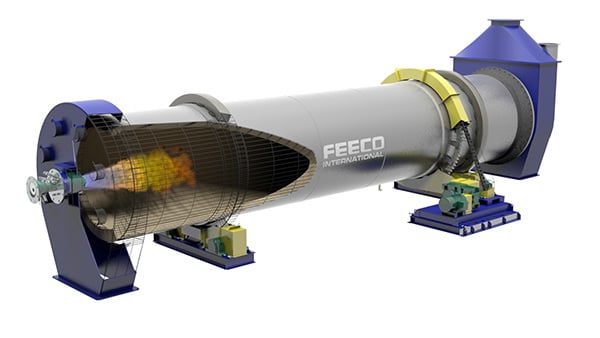
Image: 3D FEECO Direct-Fired Rotary Kiln
Cooling
Material exiting the rotary kiln is fed to a direct-fired cooler where it is cooled to around 200º F for subsequent handling and storage and to prevent sticking of the material.
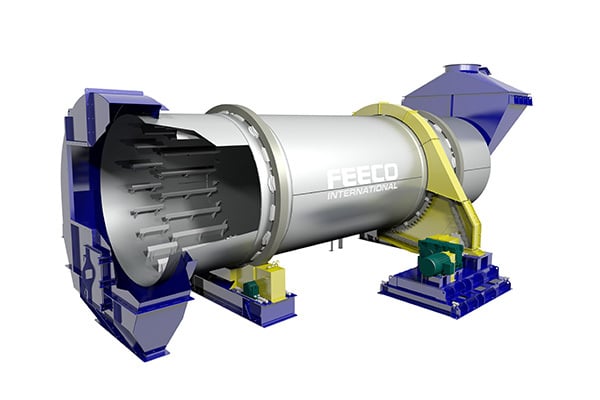
Image: 3D FEECO Direct-Fired Rotary Cooler
Rotary Drums: The Standard in Roofing Granule Production
Known for their high throughput, robust build, and lifelong reliability, it’s no surprise that rotary drums are the industry standard for processing roofing granules into a premium product.
It is often said that rotary equipment designed around the unique characteristics of the material to be processed will produce the best results, and roofing granule production is a prime example of this; materials of construction must be carefully selected to withstand the constant heavy loads and abrasion that are typical of this industry.
“Roofing granule production is a demanding process,” says Shane Le Capitaine, FEECO Process Engineer. “Producers need equipment they can rely on despite harsh processing conditions, and that’s what we can provide.”
Many of the roofing granule industry’s top producers rely on FEECO for the best in custom, heavy-duty processing equipment. In addition to individual pieces of equipment, we can provide the complete processing line, including the rock dryer, pre-heater, coating drum, rotary kiln, and cooler, along with all of the necessary material handling equipment to support the process.
FEECO also offers a unique testing center – The Innovation Center – where we can run feasibility tests and aid in process and product development around roofing granule production.
For more information on our roofing granule production capabilities, contact us today!


